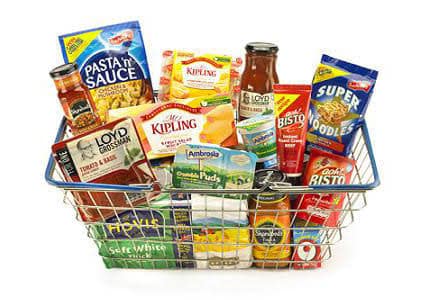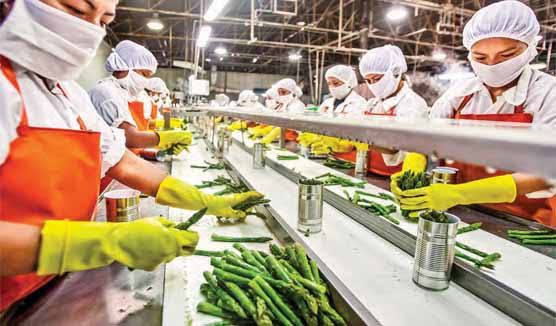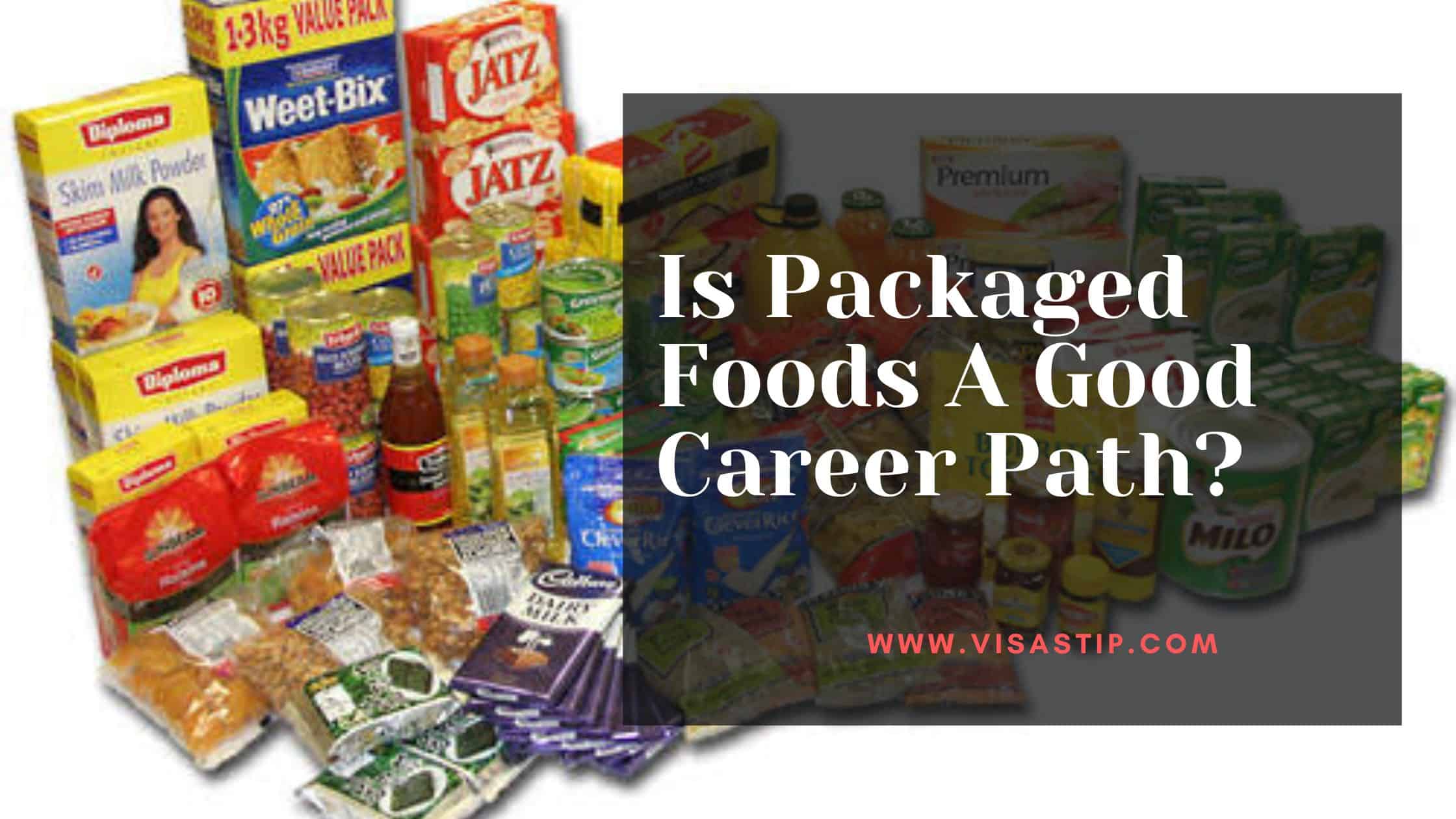People often think of packaged foods as the unhealthier option, but they’re not all bad. They’re convenient, easy to prepare, and a good source of protein and nutrients. In addition, some jobs in packaged food are cool. So how do you go about getting a career in this field? This article will discuss all you need to know about the Food packaging industry.
Is Packaged Food A Good Career Path? Packaged food is a good career path for people who like to work with food. It’s also a good career path for people who want to work with machines since they often run on computerized and automated systems that can be difficult to master.
Food processing
Food processing is the transformation of raw ingredients by physical or chemical means into food or of food into other forms.
Food processing takes place in a food processing plant. The plant contains machinery and equipment that is used to produce the product. Food processing includes all stages, from harvesting raw materials through storage and delivery to distribution for sale. The process may also be called “manufacturing,” “processing,” or “packaging.”
What Are Packaged Foods?

Packaged foods are a subset of the food industry that includes products such as fresh and frozen packaged meals, snacks, bottled water, and other beverages; prepared food from grocery stores such as supermarkets or supercenters (e.g., salad bars); convenience stores (e.g., hot dogs); delis and restaurants (e.g., pizza parlours). Packaged foods can be consumed at home or, in some cases, outside of the house (such as in fast food restaurants).
The term “packaged food” is somewhat imprecise because it includes many different types of items that may not be considered traditional “packaging.”
For example, olive oil is an edible liquid product often stored in plastic bottles; however, these containers are not considered packaging because they do not form part of the final product’s shape or appearance.
Examples Of Packaged Foods?
- Nuts
- Milk
- Juice
- Snacks, such as chips, pretzels, and cookies.
- Baked goods like muffins or pie crusts.
- Sauces, like ketchup and mustard.
Required Skills For Pursuing A Career In Packaged Foods
The skills you need in a career like this vary and can be learned through several paths. The most important thing is to have a passion for food and understand its workings. You need to understand the process from beginning to end: from growing crops, harvesting them, processing them into something edible, and then packaging that product for sale in stores.
However, the following are the skills you will need to have when pursuing a career in packaged foods:
- Excellent communication skills.
- Ability to work in a team environment.
- Ability to work well under pressure.
- Good organizational skills.
- Must also pay attention to detail.
- Meet deadlines, etc.
What Educational Qualifications Do You Need For A Career In Packaged Foods?
- A bachelor’s degree from a university would be necessary for this career. You can study for a bachelor’s degree at a university or opt for a professional course at a college. This course will typically take three years to complete. Some degrees offer an honours alternative, usually completed in four years instead of three.
So, if you have this qualification, entering the food processing and packaging industry is not an impossible task. You can also take short courses in the field, which will help you understand the industry and its various aspects.
Best Paying Jobs In Packaged Foods?

Food packaging and processing careers are very lucrative and come with various job responsibilities. This industry also offers loads of job opportunities. For example, Food scientists, also known as food technologists, work for food and beverage manufacturers to develop new products or improve existing ones.
They might create a new formula for a soup by testing different ingredients, or they could be tasked with developing an entirely new type of cheese.
Food scientists are another example: they can work in the lab or out on factory floors. Their job depends on what their employers need them to do.
You can also get jobs like Food operation managers: they oversee all aspects of their company’s operations, such as purchasing supplies, planning menus and schedules, training employees, and more.
They oversee daily business activities in addition to ensuring that workplace standards are being met by all employees—an important responsibility considering how closely consumers look at how companies treat their employees before deciding whether or not they want to buy its products.
Food Safety Director
A food safety director ensures that the food products are safe for consumption. The job requires a person who can work independently, communicate effectively with others, and update policies and procedures. According to the US Bureau of Labor Statistics, the median annual wage for a Food Safety Director is over $59,000 annually.
The Food Safety Director will work closely with employees at all levels of an organization to ensure they understand what needs to be done to keep their facility running properly while also ensuring that any regulatory requirements are met or exceeded.
They may also need help budgeting resources so that all areas of an operation stay on track with state regulations related to food safety practices within those facilities (including both large-scale production facilities).
Food Scientist
A food scientist is another exciting career in packaged food. They work in laboratories or processing plants. They may be responsible for analyzing the chemical composition of food products or working on improving texture and flavor.
Food scientists may also be responsible for developing new recipes and testing them to ensure they are tasty, safe to eat, and appealing to consumers. In addition, they may work to discover new ways to preserve food, improve its taste and texture, or prevent food-borne illnesses. It is common to see them conduct tests on products already on the market to ensure they meet state and federal regulations. Their annual salary ranges between $57,500 and $90,800, according to payscale.com.
Food Operation Manager
The food operation manager is the head of a food processing facility. They oversee their facility’s daily operation and manage the employees’ team. The manager supervises production, quality control, and budgeting as well.
Some responsibilities in this role include maintaining the standard procedure of food, delivering high-quality food, and ensuring the food regulations and policies are met.
The manager also ensures that their facility is safe and that all employees are trained on handling food properly. The manager needs to manage people well and follow through with tasks effectively. They must also be able to keep up with regulations or state law changes.
Food operation managers in the United States earn an average annual income of $63,000 to $90,000.
Refrigeration Engineer
If you have a passion for engineering and the environment, then being a refrigeration engineer may be right up your alley. A refrigeration engineer designs, install and maintains systems that cool food and beverages to keep a safe temperature range. They also check equipment for any signs of wear or damage and fix them before any serious problems occur. These workers make an average salary of $80,000 per year.
What do I need to become a Refrigeration engineer? To become a refrigeration engineer, you’ll likely need an associate’s degree from an accredited vocational program or some college courses in mechanical engineering technology (which can be transferred to an associate’s degree).
You might also consider getting industry training through the Society of Refrigeration Engineers (SERE).
Flavorist
Flavorist is a fancy title for a scientist who creates new flavors for food products. A flavorist works in a laboratory and works with food scientists and technologists to develop recipes and develop new food products. In this position, you will apply your knowledge of chemistry to create synthetic and organic flavors. You will also create formulas for food products and develop new ingredients.
You may have to test the flavors to ensure they are on target. With this job, you can earn an annual income from $56,000 to $81,000.
Refrigeration Mechanic
Refrigeration mechanics are responsible for maintaining and repairing refrigeration systems. They work on various equipment, including walk-in coolers and freezers, chest freezers, ice machines, vending machines, and water coolers. This career path also covers refrigerators converted into refrigerated display cases.
They are also responsible for evaluating HVACR systems and fixing worn-out parts of the systems. A refrigeration mechanic can work in various settings, including grocery stores, restaurants, warehouses, and other food-related businesses. This career path offers an annual salary range between $29,000 and $59,000.
Wrapping Up
Packaged foods are a great career path for those who want to work with food but don’t have a background in science. It is also a good option for those who want to get their foot in the door before moving to other food processing areas.
The job market for packaged food processing is growing, so there will be plenty of opportunities for those who want to pursue this career. It also offers a variety of entry-level positions, depending on your interests and skillsets.
